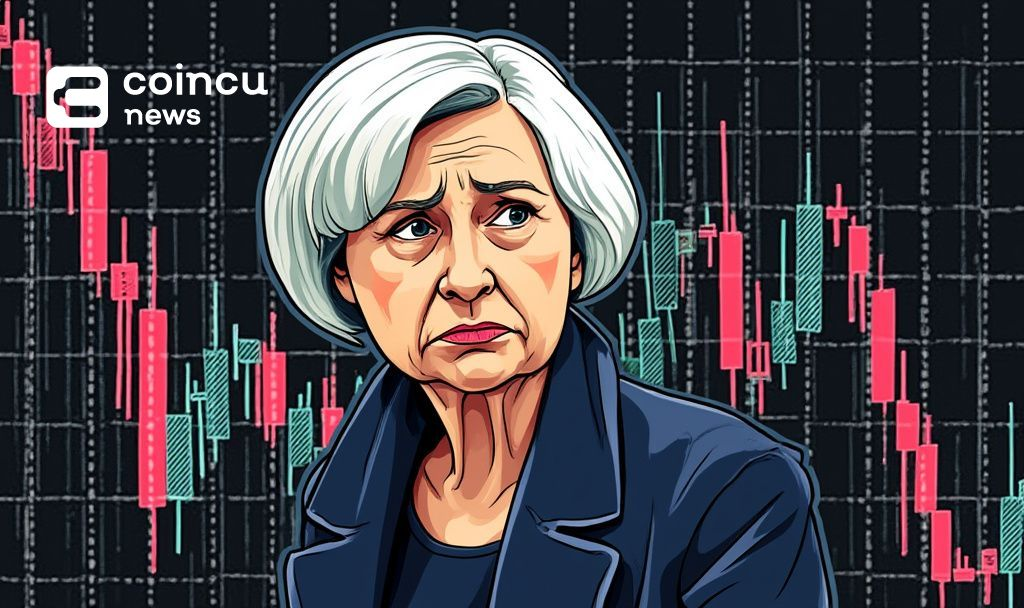- Yellen criticizes Trump’s tariff policy, highlights economic uncertainty.
- Experts see potential impacts on consumer spending.
- Rising inflation expectations and market confidence concerns noted.

Former U.S. Treasury Secretary Janet Yellen criticized Donald Trump’s tariff policies in an interview with Bloomberg, describing them as “unclear and entirely nonsensical.”
Yellen’s comments highlight concerns about economic uncertainty and market confidence, potentially affecting consumer behavior and financial stability.
Yellen Warns Tariffs Could Cost Households $4,000 Annually
Janet Yellen expressed concerns about the implications of Trump’s tariff policies, which she described as burdensome for American households. She estimated that tariffs could cost households an average of $4,000 annually. Yellen emphasized that these tariffs could hinder economic stability by creating uncertainty for businesses and consumers.
“The rationale behind Trump’s tariff policy is unclear and entirely nonsensical. The practice of removing tariffs and reducing tariffs is positive, but we are in a world full of enormous uncertainty.” — Janet Yellen, Former U.S. Treasury Secretary
A decrease in consumer spending could result from the rising costs associated with tariffs, potentially leading to increased inflation expectations. Yellen indicated that the Federal Reserve, while prepared to act if necessary, currently sees no immediate need for intervention to maintain financial stability.
Yellen’s comments on treasury bonds expressed worry over the declining confidence in U.S. economic policy. She described this trend as troubling. Her remarks underscore concerns about the potential impact of tariffs on financial markets, raising questions about market stability.
Historical Trade Tensions Highlight Ongoing Economic Risks
Historical trade protectionist measures, similar to Trump’s tariffs, have led to increased consumer costs and strained trade relations.
The impact of tariffs has historically led to disruptions in global trade and increased consumer prices. Trump’s tariffs are seen in the context of ongoing trade tensions with China, which have already strained economic relations. Yellen’s remarks reflect broader economic concerns, emphasizing the need to closely monitor consumer confidence and market conditions.
Yellen also pointed out that the Federal Reserve may step in with liquidity tools if a real financial stability issue arises, similar to actions taken during the COVID-19 pandemic. Her insights suggest possible measures to prevent recessionary signals, ensuring a balanced approach to economic challenges.























